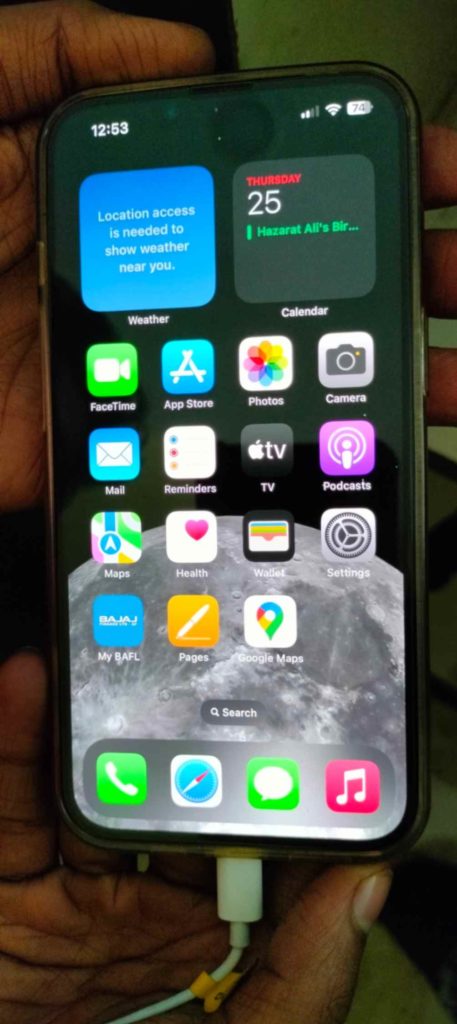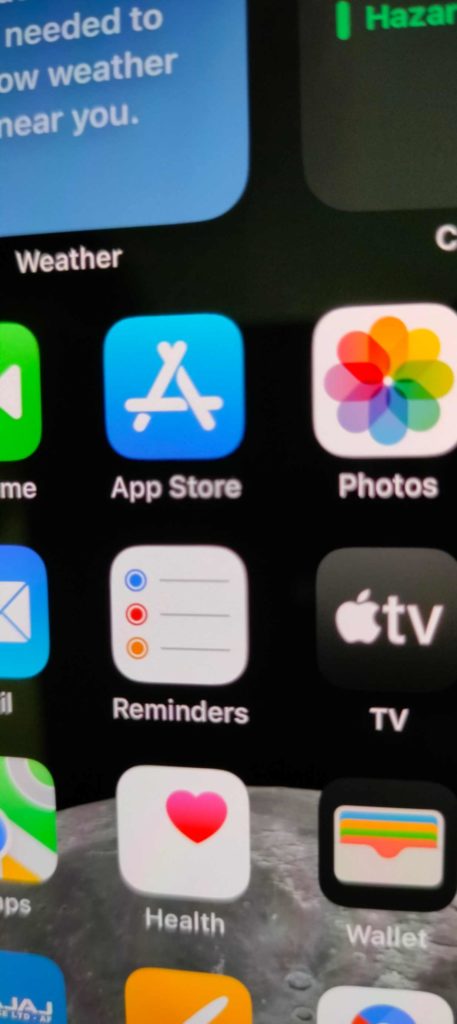In a potentially groundbreaking shift for iPhone users in Europe, the longstanding digital barricade that restricted the download of non-App Store-approved software is set to undergo a transformation. However, recent revelations suggest that Apple is already strategizing to mend the cracks created by European Union (EU) laws, throwing a curveball at the anticipated freedom of sideloading.
Taking a step back to April 2022, when the EU, representing 27 countries including France, Germany, and Spain, introduced the Digital Markets Act, it marked the initiation of a significant change. This act, operational since November of the same year, aims to address concerns surrounding Apple’s control over the apps permitted on iPhones. By March 2024, platforms must comply with EU regulations or face disciplinary measures. Notably, this legislation extends beyond Apple, impacting other platforms like Google, which produces Android.

The crux of the matter lies in sideloading—downloading apps from sources other than official app stores. While Android mobile phones can currently sideload software, iPhones have been staunchly against it, citing security reasons. Apple’s critics, including Spotify, argue that this approach is anticompetitive, as the App Store charges up to 30% commissions on all transactions and provides preferential treatment to Apple’s apps.
A recent report from the Wall Street Journal, though behind a paywall, reveals that Apple’s response to the EU legislation may not usher in the expected era of freedom for sideloading. Instead, Apple plans to maintain oversight and impose fees on apps downloaded outside the App Store. The specifics are yet to be disclosed, but the anticipated strategy involves tweaking the developer tool license agreement, adding checks and restrictions akin to those in place for App Store apps.

While this leak is subject to confirmation, recent history suggests that Apple may navigate these changes while doing the minimum required. Earlier this year, under EU pressure, Apple allowed developers to direct users to non-Apple payment systems, albeit with a substantial 27% commission on such payments. This move, criticized by many developers, indicated Apple’s tendency to meet regulatory requirements with minimal shifts in its business model.
For iPhone users in the US or post-Brexit UK, the implications of EU legal actions may seem distant. However, past instances, such as the transition to USB-C ports in iPhone 15 models, influenced by EU legislation, remind us that changes can have global repercussions. As we approach March, expectations are high for potential shifts in how iPhones can be utilized, even though the extent of these changes remains uncertain. Stay tuned for updates on this transformative development that could reshape the way iPhones operate in the near future.




